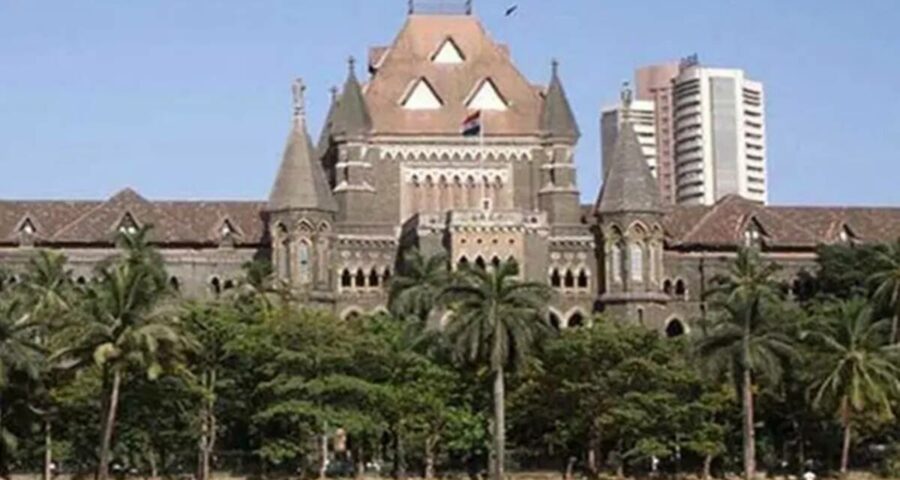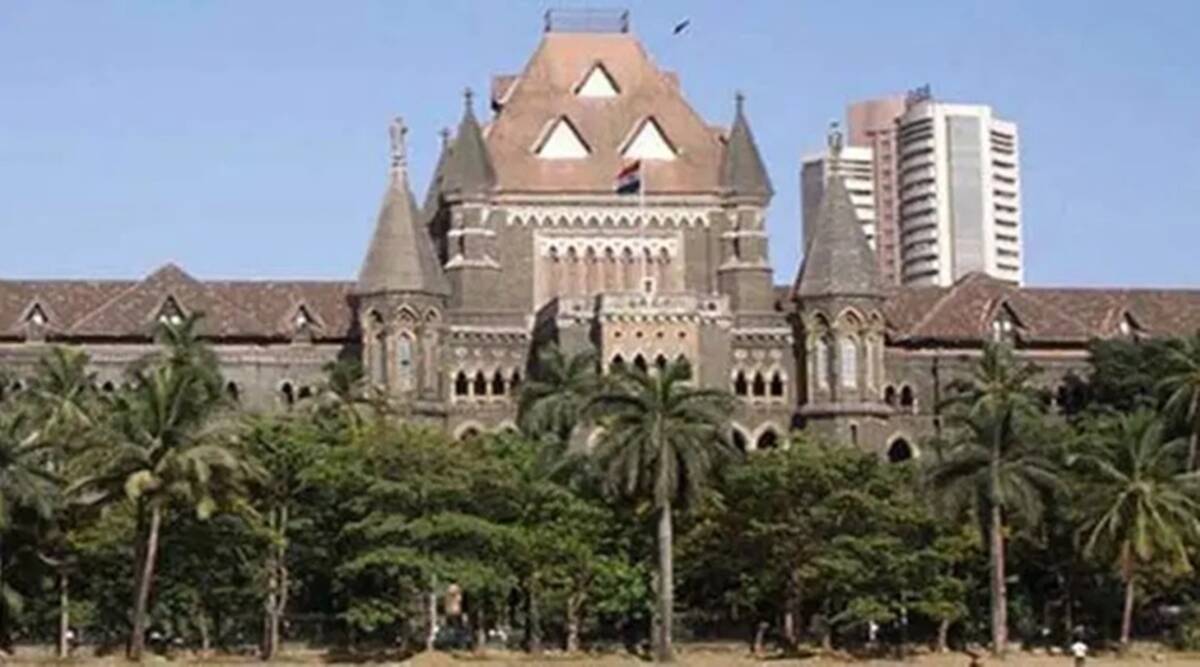The Bombay High Court has refused to grant pre-arrest bail to a man who was accused and booked for selling sub-standard goods using the name and trademark number of a reputed pipes manufacturing company.
The Bombay High Court recently refused to grant pre-arrest bail to a man who was accused and booked for selling sub-standard goods using the name and trademark number of a reputed pipes manufacturing company.
While refusing the application, the court held that the accused had blatantly violated provisions of the trademark and copyright Act, resorted to cheating by getting sub-standard goods manufactured, and induced people into buying them by passing his goods off as that of the reputed company. Hence, the court said, custodial interrogation was required. It held that offences under the Copyrights and Trade Mark Acts with up to 3-year jail term to be cognizable.
A single-judge bench of Justice Sarang V Kotwal on February 26 passed the order on a plea by Piyush Ranipa, who was booked at the Mohol Police station, Solapur, for offences punishable under Sections 418 (cheating with knowledge that wrongful loss may ensue to person whose interest offender is bound to protect) , 465 (forgery), 482 (using false property mark), 485 (making or possession of any instrument for counterfeiting a property mark) and 486 (selling goods marked with a counterfeit property mark) of the Indian Penal Code (IPC), along with Section 63 (copyright infringement) of Copyright Act, 1957 and Section 103 (penalty for applying false trademarks, trade descriptions) of the Trade Marks Act, 1999.
The complaint was lodged by a zonal manager of the reputed irrigation pipes manufacturing company, which received complaints about sub-standard goods being sold in the name of the company. The informant received “secret information” about a truck carrying the non-genuine goods from Gujarat to Karnataka.
On December 19, 2020, the vehicle was spotted and some of the pipes were found to be bearing ‘forged’ Certificate of Manufacturing License (CML) stamps. The informant said the goods were being transported and sold using fake trademarks, and therefore lodged an FIR following which the probe was carried out and the goods seized.
Advocate Mandar Soman for the applicant submitted that offences under which his client was booked were bailable and other accused had been granted bail. Therefore, he said, his client should be granted protection from arrest through anticipatory bail on parity.
Soman also argued that seizure of goods by the police was conducted without verifying the facts with the Registrar, and therefore, the case against Ranipa cannot not be sustained.
However, Additional Public Prosecutor Ajay Patil opposed the plea and said the offences were cognizable and non-bailable.
He also submitted that the verification through Registrar was not required as the accused had used exactly the same trademark with the same number which was allotted to the informant’s company to pass off his goods as that of the company.
Justice Kotwal then appointed advocate Aniket Nikam as amicus curiae to ascertain whether the offences under the copyrights laws were bailable or not.
Soman referred to past rulings, wherein offences punishable for imprisonment between six months to three years were held to be non-cognizable and the applicants were granted bail. However, advocates Nikam and Patil referred to judgments, which held that offences under the copyright law coupled with other offences were cognizable as they consisted of combined punishment, five to seven years, and therefore the court should reject the plea.
Nikam submitted that the offences in the present case, in which sentence imposed can extend up to three years, will be non-bailable in nature.
After hearing submissions, Justice Kotwal observed, “If the offences in the other laws (other than IPC) are punishable with imprisonment for three years and upwards, then the offences are cognizable and non-bailable. Wherever it is possible to impose the punishment extending to three years, this category would apply, because in such offences, it is possible to impose sentence of exact three years. In such cases, offences would be non-bailable.”
The HC added, “Therefore, the question is answered that the offences under Section 63 of the Copyright Act and Section 103 of the Trade Marks Act are non bailable in nature…”
The bench went on to note, “In this case, whether there is infringement of copyright Act attracting punishment under Section 63 of the Act is a matter of investigation, but certainly there appears to be infringement of the trademark registered in the name of the informant’s company. Therefore, commission of offence punishable under Section 103 of the Trade Marks Act is clearly made out.”
The court observed, “The accused have falsely applied the informant’s trademark to their own products and have attempted to sell those products. Thus, the act of the accused also amounts to offence under Section 420 r/w. 511 of the IPC. By their act, the public were induced or an attempt was made to induce the public to buy these products under the impression that they were manufactured by the informant’s company.”
“In this view of the matter, custodial interrogation of the applicant is necessary. No relief of anticipatory bail can be granted,” the HC said and disposed of the plea.
Source: Read Full Article


